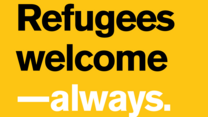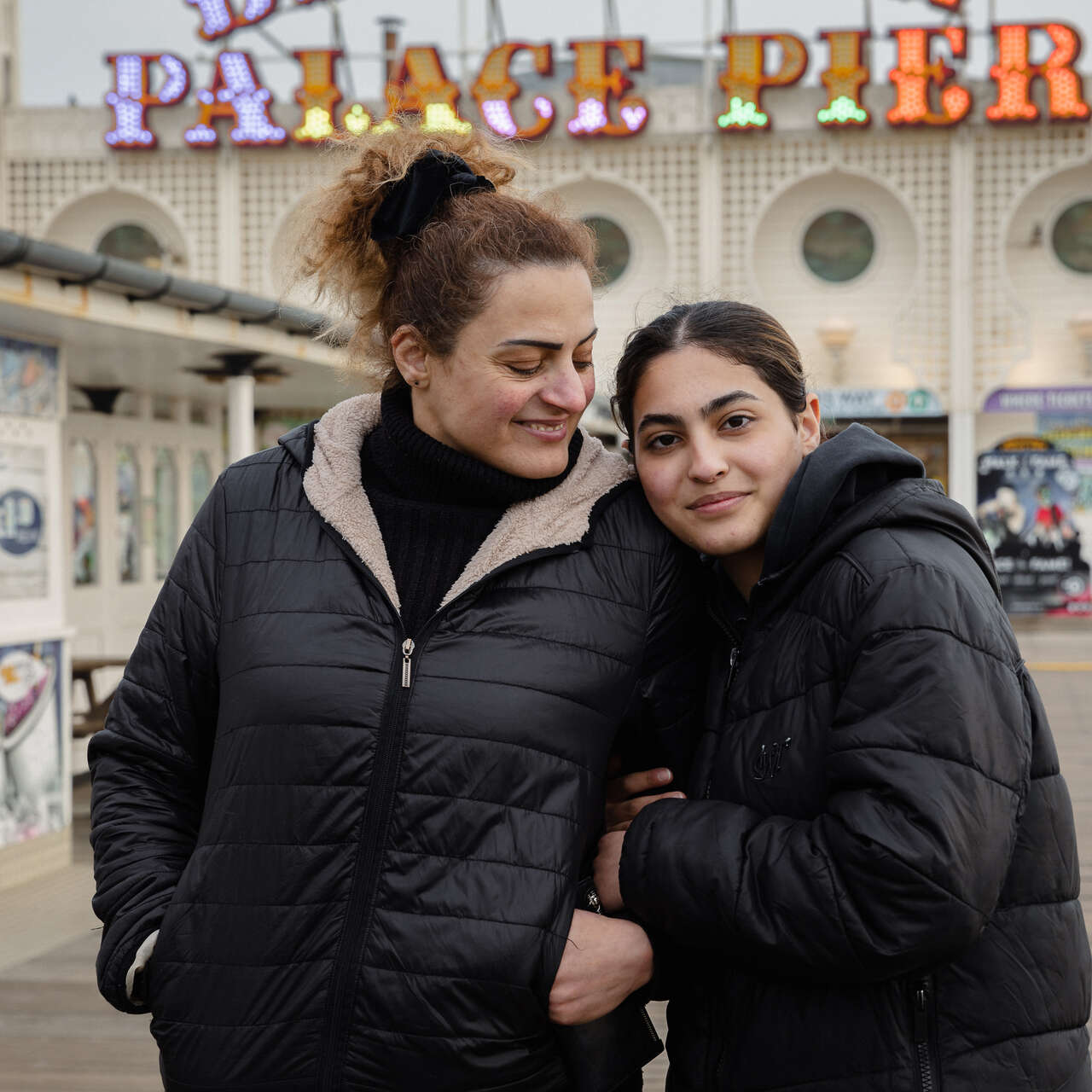
Who is a refugee? Where do most refugees come from? What’s the difference between refugees and asylum seekers? How many refugees live in the UK? Can asylum seekers work in the UK? Which countries host the most refugees?
Find out the answers to the most frequently asked questions about refugees...
Who is a refugee?
The definition of a refugee is someone who has been forced to leave their country in order to escape war and persecution. They are unable to return home until conditions are safe for them again.
This definition comes from The 1951 Refugee Convention, in which a refugee is defined as someone who has a well-founded fear of persecution for reasons of race, religion, nationality, political opinion or membership in a particular social group.
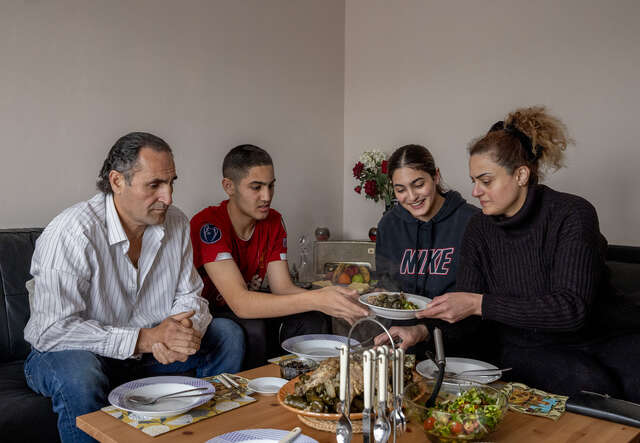
Which countries protect refugees?
149 countries around the world have signed The Refugee Convention, agreeing to protect refugees.
What’s the difference between refugees and asylum seekers?
Asylum seekers and refugees are people who have been forced to flee their country because of persecution, war or violence.
Asylum seekers are still in the process of seeking protection in another country: They must submit a claim, which is considered by the host country.
Once a person receives a positive decision on this asylum claim then they can live in their host country as a refugee.
Does everyone have the right to seek asylum?
Yes, the right to seek asylum is recognised as a universal human right. Article 14 of the Universal Declaration of Human Rights states that “Everyone has the right to seek and to enjoy in other countries asylum from persecution.” Other human rights in this declaration include the right to life, the right to privacy, and the right to a fair trial without discrimination.
Do people have to claim asylum in the first country they reach?
No, they do not. The 1951 Refugee Convention, which is the basis of asylum laws around the world, does not require that a person must claim asylum in the first ‘safe’ country they reach.
67% of the UK public would want to choose which country they sought asylum in according to polling carried out by the IRC and YouGov in June 2023.
Where do refugees come from around the world?
Refugees primarily come from countries affected by conflict or where people are being persecuted for their ethnicity, religion, politics or sexual orientation.
Globally, over half of all refugees come from just three countries:
- Ukraine
- Syria
- Afghanistan
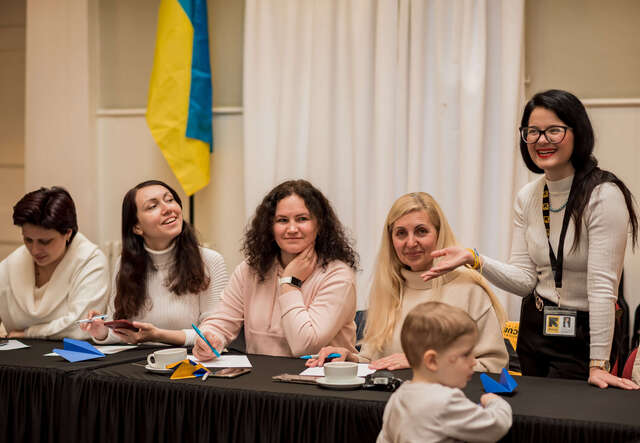
Which countries host the most refugees?
Turkey
Turkey hosts more refugees than any other country. The majority of refugees living there fled from neighbouring Syria where the civil war has lasted over 12 years. The IRC has been supporting refugees in Turkey since 2013 and now has over 1000 staff working within Syria.
Iran
The second largest host country is Iran, where many refugees from Afghanistan are hosted. IRC staff in Afghanistan provide critical support including malnutrition treatment and economic assistance. The IRC is also supporting Afghans who have been relocated and resettled to the UK and other countries.
Colombia
Colombia has become one of the largest hosts for displaced people globally. To date, over 2.5 million people have arrived in Colombia from neighbouring Venezuela. These are people in need of protection, including refugees, migrants, and people in different situations. The IRC is supporting Venezuelans in Colombia, Peru and Ecuador, providing services such as health assistance and economic support.
What is meant by “safe routes” for refugees?
Refugees can sometimes apply to a government scheme and arrange to travel to a safe country before they arrive in that country. These schemes organised by governments to support refugees fleeing war and persecution are known as safe routes. However, there are very few safe routes to the UK available to the vast majority of refugees. The IRC is advocating for an expansion of safe routes and resettlement programmes in the UK, US, and EU.
Kurdish-Syrian refugees Maasom and Hiba moved to the UK through a resettlement scheme. Their daughter Nasrin was born in a refugee camp in Iraq with a serious heart condition, which led to them applying for resettlement in the United Kingdom where Nasrin could access treatment. Read Nasrin’s story.
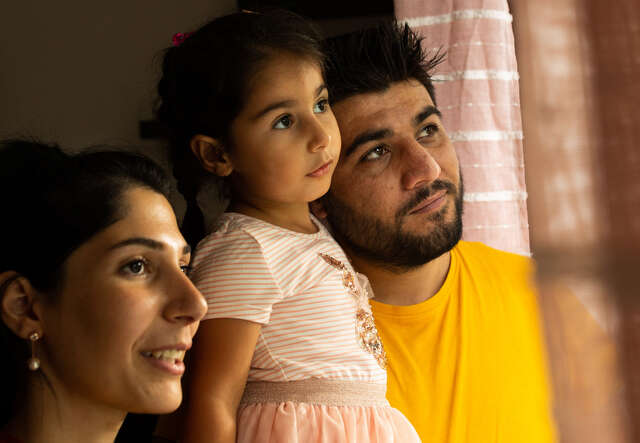
How many refugees are there in the United Kingdom?
According to the UNHCR, the UK had approximately 448,000 refugees at the end of 2023. This means refugees constitute around 0.6-0.7%% of the population.
How long can refugees live in the UK?
Refugees are granted five years leave to remain initially. After five years, they can apply to become settled in the UK if they meet certain criteria.
Can refugees work in the United Kingdom?
Yes, refugees have the right to work. In fact, refugees have the right to work in all 149 countries that have signed the 1951 Refugee Convention.
However, refugees with the right to work often encounter practical barriers to doing so. These include developing sufficient English language skills, administrative barriers, and unfamiliarity with specifics of the UK job market.
The IRC provides employment support to refugees and asylum seekers in the UK. This includes helping people find jobs, create excellent applications, build interview skills, and understand their legal rights in the workplace.
Halyna, who fled her home in Ukraine with her two children in 2022, has a long career in event management but found it difficult to find a job in the UK. She said: “I didn’t understand how the employment system works and who I could ask for help. Even with two master degrees, I couldn’t find work. I didn’t feel like I was fully satisfied and could bring my skills and knowledge to the UK.” Read Halyna’s story here.
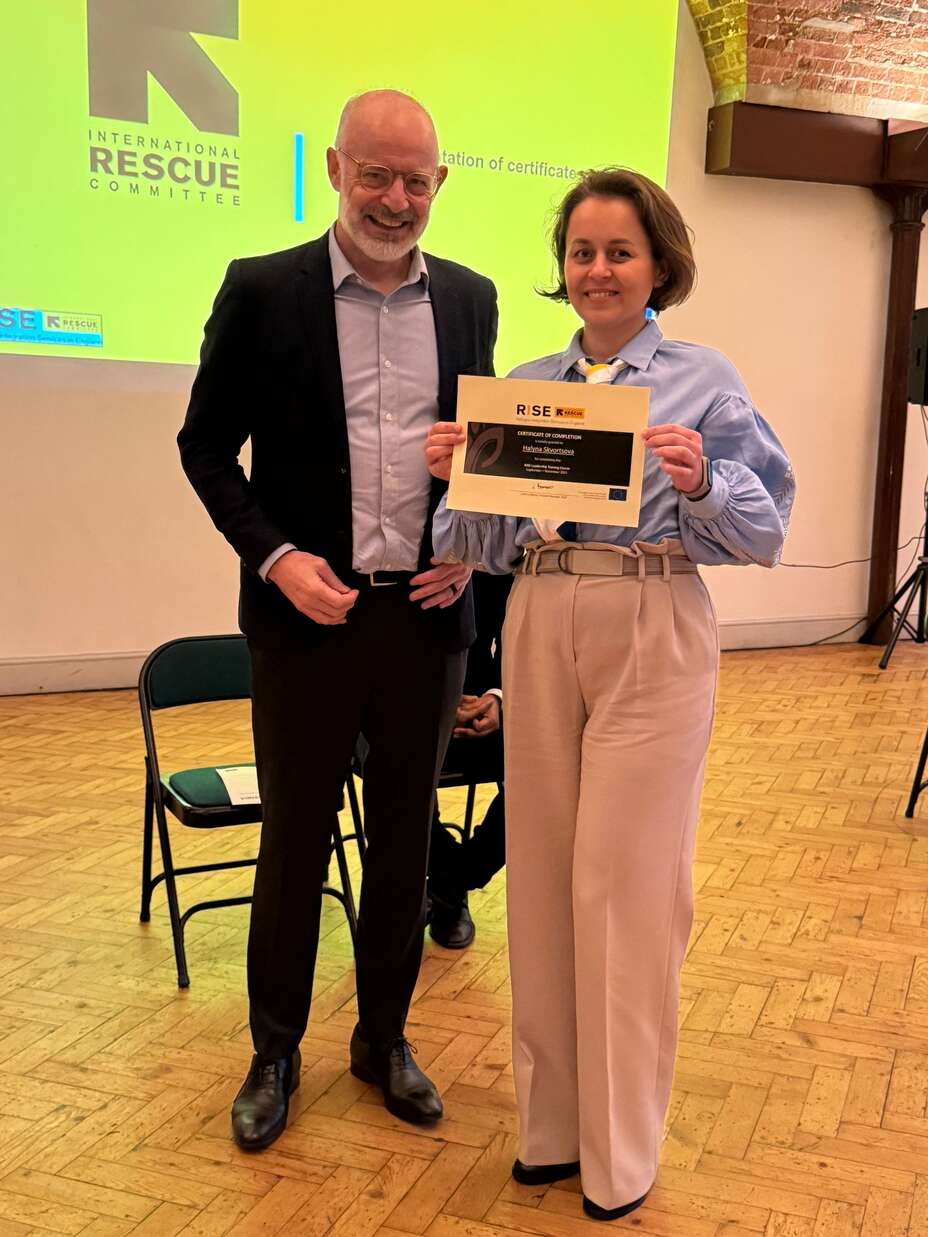
Can asylum seekers work in the UK?
Asylum seekers waiting for their claim to be processed are not allowed to work in the UK despite 68% of businesses being in favour of a policy allowing this. People seeking asylum could positively contribute to the economy through consumer spending and paying tax. It is estimated that the UK economy could gain £333 million per year if the ban were lifted.
Learn more
- What are safe routes in the UK? Four common myths explained
- Refugees, asylum seekers, and migrants: What's the difference?
- Who is a refugee? A simple explainer
- Refugee facts and statistics
What is the International Rescue Committee?
The International Rescue Committee (IRC) helps people affected by humanitarian crises to survive, recover and rebuild their lives. We deliver lasting impact by providing health care, helping children learn, and empowering individuals and communities to become self-reliant, always with a focus on the unique needs of women and girls.
Read more about the International Rescue Committee in the UK




